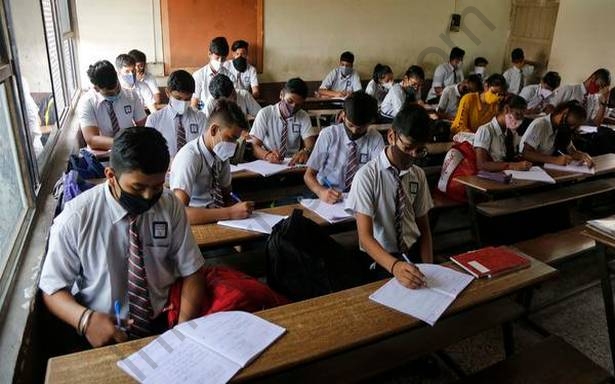Table of Contents

Continue to follow the CDC’s recommended public health guidelines to help prevent COVID-19 transmission, which includes getting vaccinated if eligible, wearing a mask, practicing physical distancing, washing your hands frequently, and avoiding crowds, as well as getting vaccinated if you are eligible. Continue reading for more advice.
The first COVID-19 vaccinations were approved for use in the United States under the FDA’s (EUA) process in early December 2020. The Pfizer-BioNTech vaccines received complete FDA clearance for use in people aged 16 and above in August 2021.
All other COVID-19 vaccines available in the United States are still licensed for use in persons aged 18 and up under the previous emergency use authorization, with the Pfizer-BioNTech vaccine being allowed for use in children aged 5 and up.
Children’s Hospital of Philadelphia (CHOP) offers COVID-19 immunizations in accordance with recommendations from the Centre for Disease Control and Prevention (CDC) as well as state and local health departments. More information regarding CHOP’s COVID-19 Vaccine Program can be found here.
Prepare for COVID-19 and protect yourself and others.
Here are some additional things that anyone can take to help stop COVID-19 from spreading:
- Hand Wash for at least 20 seconds with soap and clean, running water on a regular basis.
- If soap and water aren’t available, use an alcohol-based hand sanitizer often.
- If you don’t have clean hands, don’t contact your eyes, nose, or mouth.
- Avoid touching “high-touch” public surfaces like doorknobs and handles, cabinet handles, and light switches as much as possible. Don’t give each other a handshake.
- Clean disinfectant-treated surfaces in your home and at work on a regular basis. Surfaces such as desks, printers, phones, kitchen counters, tables, fridge door handle, bathroom surfaces, and any other filthy surface fall into this category.
- Follow the disinfectant’s instructions to the letter. For further information, go to the CDC’s cleaning website.
- Cough or blow into a cloth, then discard the cloth. Cough or sneeze into the bend of your elbow if you don’t have Kleenex.
- In public, the CDC recommends wearing a face mask. The mask you choose should have at least two layers, fit securely on your face, and cover both your mouth and nose. Learn more about how to use masks to prevent COVID-19 from spreading.
- Keep a safe distance from sick persons.
- Keep up to date on COVID-19 in your region. Follow the rules for being in public if you’re in the area. Be mindful of community events that may be rescheduled or cancelled, such as school and sporting events.
- Examine your home’s supplies. Consider stocking up on medicines, food, and other necessities for two weeks.
- Plan for daycare, work, and methods to stay in touch with friends and family. Know who will assist you if you become ill.
- Experts are unsure whether animals can spread SARS-CoV-2. However, washing your hands after petting any animals is usually a good practice. If you think an animal is sick, don’t touch it.
- sharing eating or drinking utensils with sick people is not a good idea.
- If someone is sick, don’t kiss or embrace them.
Also read: Here’s How to Boost Your Percentage in the Board
Keep a safe social distance:
Maintaining social distance is something that all health specialists encourage. When meeting persons from outside the family, keep a two-meter distance between you and them. In the sad event that that person is infected, your chances of catching the virus are greatly reduced.
Personal cleanliness is really important.
Follow personal hygiene guidelines such as not touching your nose, eyes, or face. Cover your mouth with your elbow if you’re coughing or sneezing. When you come into contact with potentially infected materials, wash your hands frequently with soap and sanitize them. If you’re not feeling well, isolate yourself and stay at home to limit the spread of illnesses.
Whenever possible, declining visitors:
You and your family should make it a priority to get things done over the phone or online as much as possible. If you need something delivered, you could utilize a contactless courier service, and if you need to make a payment, you could use internet channels rather than dealing with cash. As much as possible, try to complete tasks without coming into touch with guests.
Avoid overcrowding and poorly ventilated areas.
- COVID-19 is more prone to spread in crowded places such as restaurants, pubs, gyms, and movie theatres.
- Avoid inner settings that do not have access to fresh air from the outside as much as feasible.
- Open windows and doors to let fresh air into the house if possible.



